|
This post is sponsored by College Prep Science. Copyright 2020 by Greg Landry.
College admission standardized tests like the ACT and SAT are critically important for two reasons - they are an important part of the college admission decision and academic scholarships are often based on this score (higher score usually means more scholarship money). This score may make the difference in a college acceptance decision or in thousands or tens of thousands of dollars in scholarships. I started helping homeschooled students with ACT prep over 14 years ago as I helped our children and then students from other families in classes. Now, more than ever, it makes sense to laser focus on the ACT. First, a little background. Most colleges and universities require that students take either the ACT or SAT and that the score is reported to them as part of a student's application process. All colleges and universities will accept either test for the application process. Some students take and report both. Since 2012, more students take the ACT than the SAT and that gap widens every year. The SAT is rapidly losing market share. While a majority of students used to prepare for and take both tests, more and more students are now focusing all of their preparation on the ACT and only taking the ACT. The conventional wisdom used to be that you should prep for, and take, both tests. The rationale was that because of the differences in the tests you may score significantly better on one than on the other. Actually, that rarely happens (although my anecdotal experience is that homeschooled students tend to perform better on the ACT). The scores for the vast majority of students who take both tests are very similar. Some would suggest that students should take the PSAT because of the chance of becoming a national merit scholar. But the chances of that happening are very, very small and in my opinion not worth the potential downside except in rare situations. Several reasons I believe students should laser focus (and become an expert) on taking the ACT:
Then, submit one (the best) of those 11th / 12th-grade scores to colleges to which you're applying. 99+% of colleges only require that you submit one of your scores. A few colleges require that you submit all of your ACT or SAT scores but state that they use your best score for admission consideration. Also, admissions personnel that I've had contact with view taking the test multiple times as a sign of a student's determination and perseverance - qualities they want to see in a student. The experience of taking the ACT multiple times over several years is so important! Imagine the difference between students who take the ACT for the first time in 11th or 12th grade vs. students who are thoroughly familiar with the test when taken in 11th or 12th grade because they've prepared for it for years and have taken it several times! It's huge! If your student is beyond 9th grade and hasn't started preparing for and taking the ACT yet, no worries - they can get started now and still make significant progress. Homeschool dad, scientist, and former college professor, Greg Landry, offers live, online homeschool science classes, Homeschool ACT Prep Bootcamp, the Homeschool Mom’s Science Podcast, in-person two-day science lab intensives nationwide, freebies for homeschool moms, and homeschool print publications that students can be a part of.
1 Comment
It's been one of those days: Laura didn't want to write spelling definitions, she wanted to write them three times each.
She didn't want to read science, she wanted to do a lab instead. She didn't want to...fill in the blank. We've all experienced days in which homeschool was just...well, hard. Gone were the visions of happy children around a table, merrily notebooking with lab books and unit studies...no, in our house, Laura's whining about the injustice of learning decimals while the bushy-tailed cat jumps on the dining/homeschool table, scattering worksheets and thoughts all over the floor. The distractions of social media are ever present, plus the absurdity of having to make yet another meal that creates yet more dirty dishes...and there's curriculum for next year to think about, labs to plan, lessons to print....let's not forget that we need to formulate an intelligent response to that Harvard woman who wrote that homeschooling article, even though we'll never meet her or send the response in. Boy! Homeschooling isn't for the weak! Here's a thought, a deep one, so lean in close: sometimes, I lose myself in the tight-knit, wonderful, and delightful homeschool lifestyle and forget that it's downright difficult to teach my daughter. I get so wrapped up in the homeschool lifestyle that I forget about homeschooling. It's a bit like marriage, really: we get so wrapped-up-in-love with the idea of marriage that we forget marriage is all about work. Marriage is hard work, but it is worth it. Same with homeschool: it's hard, productive work in which you get to see lightbulbs go off in your child's eyes as they understand concepts, and then they want to talk about them for hours. A while back my husband, daughter, and I went to Ulysses S. Grant's house in St. Louis, Missouri, then a few weeks ago we were in a store, and she saw a book about him. Even though the book was on an adult reading level, her interest was piqued. It's a glorious thing to talk at length with your child about a historical figure, and have her hold her own in conversations. We all have seasons in which we consider hanging up our laminator and calling it quits on homeschool. I think, though, that has more to do with us as parents than the kids. If we parents have some sort of deficit in our knowledge, we get anxious when it's time to teach that subject, so we say, "Oh, I couldn't possibly teach my kid Algebra, so we'll only teach through middle school, and she can go to public high school." Or, we listen to our kids whine all day about missing their friends...listen, here's an unpopular thought: YOU are the parent. YOU know what is best for your child. If your child is missing his friends, by all means, let him hang out with his friends and make new ones at homeschool-related activities. But don't give up -- homeschool is a marathon, in which the prize is far off, but it will be there. It's not a 150m dash or a sprint down the street. No, it's a marathon that lasts years. My daughter just turned 10 years old. She's in the fourth grade. My husband said to me, "We'll only have her eight more years!" Oh, how that frightened me. Only eight more years to teach her all that she needs to know in math, language arts, history, science....I couldn't be more wrong. We have eight more years to give her a solid foundation on which to build a love of learning that will be with her for the rest of her life, and that foundation is being built even now. I want to encourage you--this hard homeschool season you're in is just that: a season. You can do it! If you need to take a day or two or a week off, do it. Take a mental health day. Explore curriculum catalogs with your child. Use your love of homeschool to inspire your family, especially your child. Clean off the dining / homeschool table, organize your homeschool spaces, and tackle what 's next. If you do feel inadequate to teach, though, let me address that: you are not inadequate to teach your own child. That is a lie from the pit of hell. God gave YOU the children to raise, not someone else. You are not inadequate. All throughout school, I didn't so well at math, so it was drilled into me that I couldn't do math. Do you know that hurt me throughout college? I used every C, D, and failing grade I made as confirmation bricks in the wall of my personality. It was only when I started homeschooling Laura that I learned I could do math, because it was all in the way I taught her. I encouraged my daughter and told her that her worth is not based on math or science or reading ability, but who Jesus says she is: a child of God, a daughter of the Most High King, who is made in His image: smart, bright, inquisitive, and kind, among other adjectives. You are not inadequate. You are the perfect person to teach your child, because God entrusted you to be his or her parent. God had no one else in mind other than you to raise and teach your child. If God has called you to homeschool, He will provide the resources, the knowledge, and the wisdom to do so. Trust Him. Trust yourself. In Christ, Terrie (C) 2020 Terrie Bentley McKee ALL RIGHTS RESERVED My daughter, Laura, loves science. Because of her love of science and her short -- uhm, developing, attention span, I've had to get a little creative when looking for science resources. Because we're a Christian family, it's very important that any science resources also support a creationist worldview.
Disclosure: This post may contain affiliate links which, when you click and purchase items using these links, provide a small commission to me and my family, at no cost to you. We thank you for your support. Click here to read our disclosure policy. Home Science Tools When I taught a Science of Slime event at homeschool group, I bought some beakers, droppers, and test tubes from Home Science Tools. They were a resounding success, and many of the children asked if they could take them home to use for their own homeschool science labs. They have so many cool science-related tools, labs kits, and supplemental curriculum material -- you get ideas just from their catalogs! Right now, in the throes of the Covid-19 pandemic, one way to help your kids understand the virus is through Home Science Tools' Coronavirus Education Kit. This kit, made for grades seven and up, is an excellent educational tool to better understand virus transmission & response. It includes six hands-on activities. Schoolhouse Teachers Schoolhouse Teachers' website has phenomenal science courses for all grades. The courses range from animals, biology, botany, Charlotte Mason preschool science, dinosaurs and the Bible, to a great deal of in-depth, video chemistry courses. I am using their "Experiencing Weather" course to supplement my daughter's science unit on weather--so they can be stand-alone science curricula, or used as supplemental material. Evan Moor With Earth Day coming up, it's a great opportunity to teach your kids about conservation, recycling, and animals with a 32-page ebook from Evan Moor. This "Theme Pockets: Celebrate Earth Day" printable ebook, for grades 1st - 3rd grades, has three pocket projects that help your students celebrate Earth Day while they practice basic skills. Activities are designed to help students connect information about conservation of resources, recycling, and endangered animals with their own lives. While you're on the link, check out all of Evan Moor's products. Again, just browsing will give you some food for thought for future studies. Year Round Homeschooling with Misty Leask Year Round Homeschooling, owned and created by homeschooling blogger Misty Leask, offers a wealth of lap books, unit studies, and other materials on most subjects, including science. Her science studies are great and fun ways to incorporate science into your homeschool, such as "Ocean Explorers: A Unit Study on Oceans." Misty's "Living Healthy: A Middle School Health Curriculum" will definitely be a unit study for my daughter next year when she's in fifth grade. It goes over such sensitive subjects as personal hygiene, nutrition, fitness, puberty, emotions, and safety. Kristin Moon Science Dr. Kristin Moon is a scientist by training who left the lab to be a stay-at-home mom, and discovered homeschooling along the way. She has homeschooled her two sons from birth through high school graduation, and has an incredible website called Kristin Moon Science. On her website, she offers online classes in which "students proceed at their own pace through the material. Videos, experiments, hands-on activities, and links to additional information are included to enhance the learning experience. Periodic quizzes ensure that material is mastered before moving from one topic to the next," according to her website. She also provides a science shop, live, online classes and tutoring (!!!), and a science simplified blog. Her Facebook page is a fun follow, full of information that you'd want to share with your kids. NASA NASA, or the National Aeronautics and Space Administration, is not just a government website about the space program. It offers first-rate science and STEM resources, too, for all grade levels. The NASA At Home program enables you to watch videos taken from space, virtual tours and apps, and even the "Be a Scientist" program, in which there are "opportunities for citizen scientists to contribute to ongoing research," according to the site. Opportunities include searching for brown dwarf stars and planets, tracking changes in climate research, and searching for particles of interstellar material. Sounds very cool! I hope you can check out these six science resources. Science is all around us -- it's a joy to see that awareness awaken in my daughter, as a way to give God the glory for His creation. Happy Exploring! Terrie (C) 2020 Terrie Bentley McKee ALL RIGHTS RESERVED People who have autism not only thrive on structure, they crave it. If I have learned one thing as the mother of a child with autism (although that "child" is now 25 years old and like to remind me that he's a "grown man,"), it's that life is a lot easier when the structure of the household is autistic.
Disclaimer: this post may contain affiliate links. These links provide you with items and services to help you; when you purchase using the links, it provides a small commission to me and my family. We greatly appreciate you! This does not mean the child with autism rules the roost. This means that the structure of the day is built upon a schedule for the child with autism instead of making the child conform to the schedule. One enables a special needs child to grow and trust; the other is a recipe for meltdowns and terribly bad days. As I write this, the entire world is reeling from the Covid-19 novel Coronovirus. Kids in public school are at home during online learning whilst their parents are either at work being essential or working from home and trying to help their kids at the same time. Homeschoolers are not able to physically go to co-ops, group classes, lessons, or enrichment activities. This is a time of upheaval for us all. If we take the anxiety we feel about these days, we have a glimpse of what people with autism feel on a daily basis when their schedules are upended. How can we help our children with autism in homeschooling? Here are ## ways to do just that regarding scheduling and organization. Develop schedule Develop a schedule and write it out, either using words or simple pictures. Often, even in kids who can read, having a visual schedule helps iron out exactly what needs to be done. Using if-then statements on the schedule gives an immediate reinforcement. For example, IF spelling is done, THEN you may have a five minute break. An incredible resource that I found when Sam was first diagnosed, and I've been using ever since, is the website Do 2 Learn. Their visual schedules resources will help you develop and print the schedules you need. It's a good idea to laminate the schedules so they will last. Marking off items on the schedules as they're completed, using dry erase markers, will help the child keep up with it. For example, let's say your child is in the 4th grade, like my daughter, Laura. Here's a sample homeschooling schedule for Laura, who's able to keep up mentally where she's at in any particular subject: Bible Spelling Math Break - 10 minutes (timer) Grammar History Break - 20 minutes Science Reading Done for the day If Laura had autism, I'd change her schedule to this: Bible -- RightNowMedia.com, Ruth study Spelling -- Week 8a (1-10) Math -- Adding fractions with like denominators Break -- 10 minutes (timer) -- Use the bathroom Grammar -- subjects and verbs History -- Civil War Break -- 20 minutes (timer) -- Snack, feed/water cats Science -- rocks, lab Reading -- Read [insert title here] Done with homeschool Chores Now, to decrease the amount of paper you're laminating, it would be wise to laminate just the schedule and subjects. You may even put times of when you start. You can write what is happening in each subject on removable file folder labels and fix them on the laminated sheet, beside each corresponding subject. The key is to not deviate from this schedule. Ever. To each subject, you can add the actual daily assignment (Math -- Adding fractions with like denominators, page 368, 1-10) if that would help. If this was a visual schedule, you would put an image where the subject would be. Visual schedules are also great to laminate and post in the bathroom for reminder strips for morning and nighttime routines, like putting on deodorant, teeth brushing, etc. Laminating a strip and taping in the shower for showering reminders (shampoo, face, chest, armpits, etc) also can help. Sometimes kids of all ages who have autism need gentle reminders of what is next. For homeschooling a singleton with autism, schedules give you (the parent) the added benefit of being the schedule being the bad guy. If the child gets off track, instead of you telling the kid to get back to answering reading comprehension questions for history, you can ask gently, "What does your schedule say? What should you be doing?" Always get him to look for himself on the schedule. Eventually, he will look at it for guidance on his own. Special Interests I mentioned something in that last paragraph that I'd like to touch on. Sometimes we think we have to teach history from textbooks or what-have-you, but realistically, some kids just cannot read that well or that long. Downloading history-related reading comprehension worksheets get two jobs done: it's history, and it's reading. Most people with autism have special interests. Those are great tools to use to help a kid learn. Right now my son Sam is obsessed with Thomas Edison and Nikola Tesla. He reads all he can on those two inventors and watches documentaries on them. He's reading, he's engaged, he's learning -- it's not part of homeschool (he is adamant that he's 25 and doesn't want to be 'homeschooled'). But he's learning when he least expects it. Discover your child's special interests and engage him with that in many different ways. For a special interest of trains, you can dive into the history of trains which is a large part of U.S. history, the science of trains (steam, physics, mechanics, diesel, electricity), reading, math, and even environmental and urban planning. There's so much learning that can be accomplished if we work with the child instead of fighting against autism. Organization Keeping your child's learning area as organized as you can, utilizing methods that work for your child. Some kids like to work out of binders; others prefer spiral-bound notebooks. Others like the tray method, where you keep subjects divided into letter trays or even shoeboxes, and move from task to task that way. Require your child to keep his stuff together. Put this on him -- this is part of life skills, to keep essential tools where you can use them. If you homeschool in your dining room or area, as I do, have a small shelf in your dining space just for homeschool materials. We even have a school lamp on top of our shelf that we turn on when school is in session. It helps us to be mentally and physically 'there' so to speak. Make sure that you have dedicated space for materials like pencils, pens, markers, highlighters, and anything else you use. While it's frustrating for us not to be able to find what we need to do a task, it's catastrophic to someone with autism to be unable to find a pencil when doing math problems. The key with homeschooling singletons with autism is to minimize stressors -- which, ironically, is stressful for us. I understand all too well how stressful parenting someone with autism can be, and I've learned the hard way that if we can make it easier on the person who has autism, it's easier on us all. The key is to incorporate structure through scheduling and organization to help the person with autism correctly anticipate what is coming up next. Praying you through, Terrie (c) 2020 Terrie Bentley McKee ALL RIGHT RESERVED |
AuthorTerrie Bentley McKee is an author and speaker who homeschools her youngest daughter. Married to her husband Greg, they have four children, all of whom have special needs of varying degrees. Terrie is a follower of Jesus Christ and tries to glorify God in all she does. To read more about her testimony, click here. Affiliate LinksHomeschooling One Child is a participant in the Amazon Services LLC Associates Program, an affiliate advertising program designed to provide a means for sites to earn advertising fees by advertising and linking to amazon.com. Check out our YouTube channel!Check out our podcast!Please pin!Archives
January 2024
Categories
All
|
- Home
- Blog
- Podcast
-
Resources
- Teach What is Good Devotional
-
Convention Resources
>
- Homeschooling a Teen with Autism
- Tips on Creating a Disability-Inclusive Church
- How to Teach Your Exceptional Child about Faith
- Homeschooling Preschoolers with Autism
- How to Pick Developmentally Appropriate Curriculum for your Autistic Child
- Overwhelmed
- Homeschooling One Child
- Life Skills Chickens
- Strategies on Homeschooling Kids with Special Needs
- About Us >
- Vlog
- Homeschooling News
- Printables
- Special Needs
- Curriculum
- Encouragement
- Home Management >
- History
- Science
- 25 Days of Advent
- Courses
- Store
(C) 2023 Terrie Bentley McKee ALL RIGHTS RESERVED
- Home
- Blog
- Podcast
-
Resources
- Teach What is Good Devotional
-
Convention Resources
>
- Homeschooling a Teen with Autism
- Tips on Creating a Disability-Inclusive Church
- How to Teach Your Exceptional Child about Faith
- Homeschooling Preschoolers with Autism
- How to Pick Developmentally Appropriate Curriculum for your Autistic Child
- Overwhelmed
- Homeschooling One Child
- Life Skills Chickens
- Strategies on Homeschooling Kids with Special Needs
- About Us >
- Vlog
- Homeschooling News
- Printables
- Special Needs
- Curriculum
- Encouragement
- Home Management >
- History
- Science
- 25 Days of Advent
- Courses
- Store
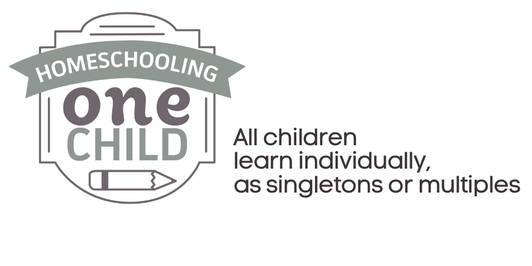
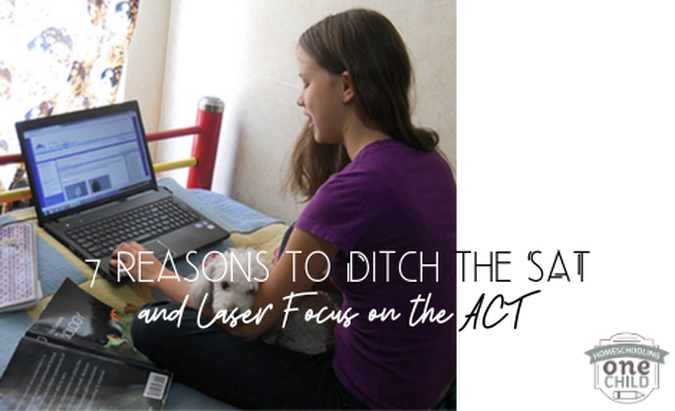

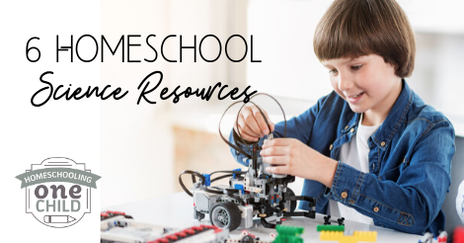
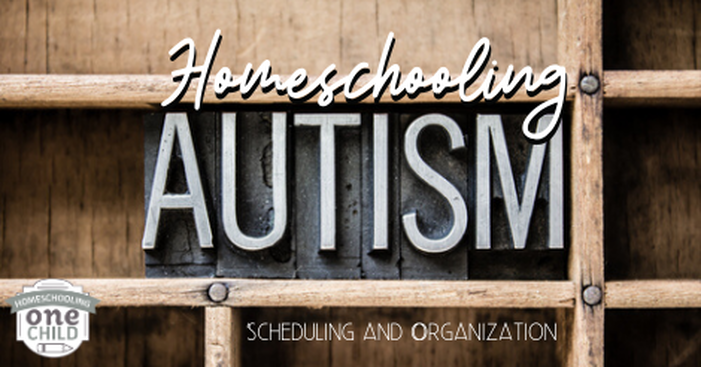
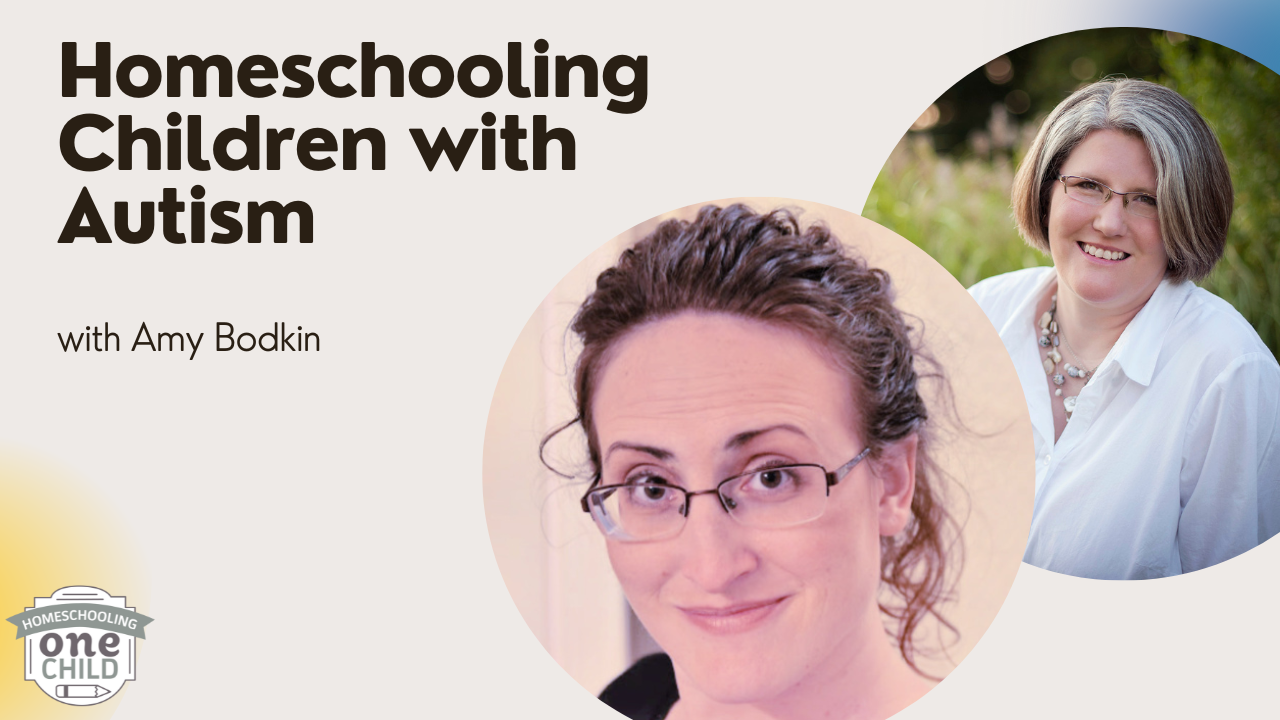

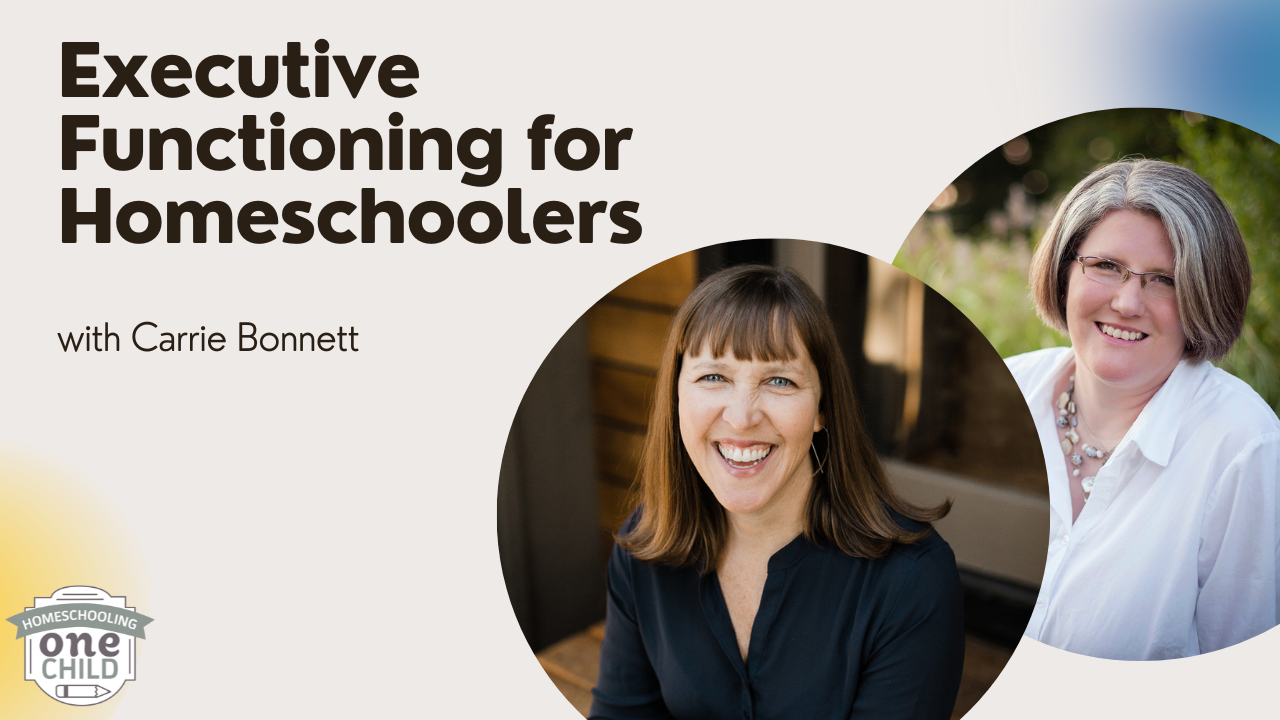
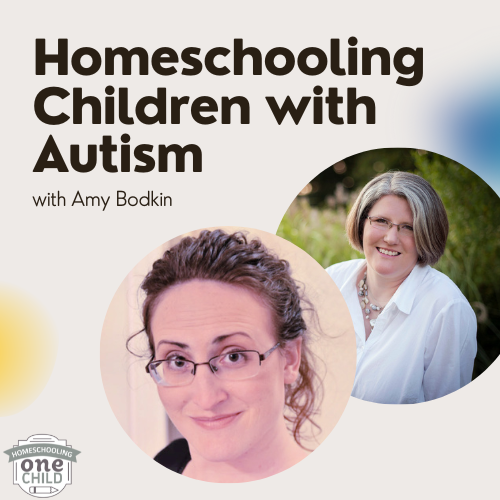
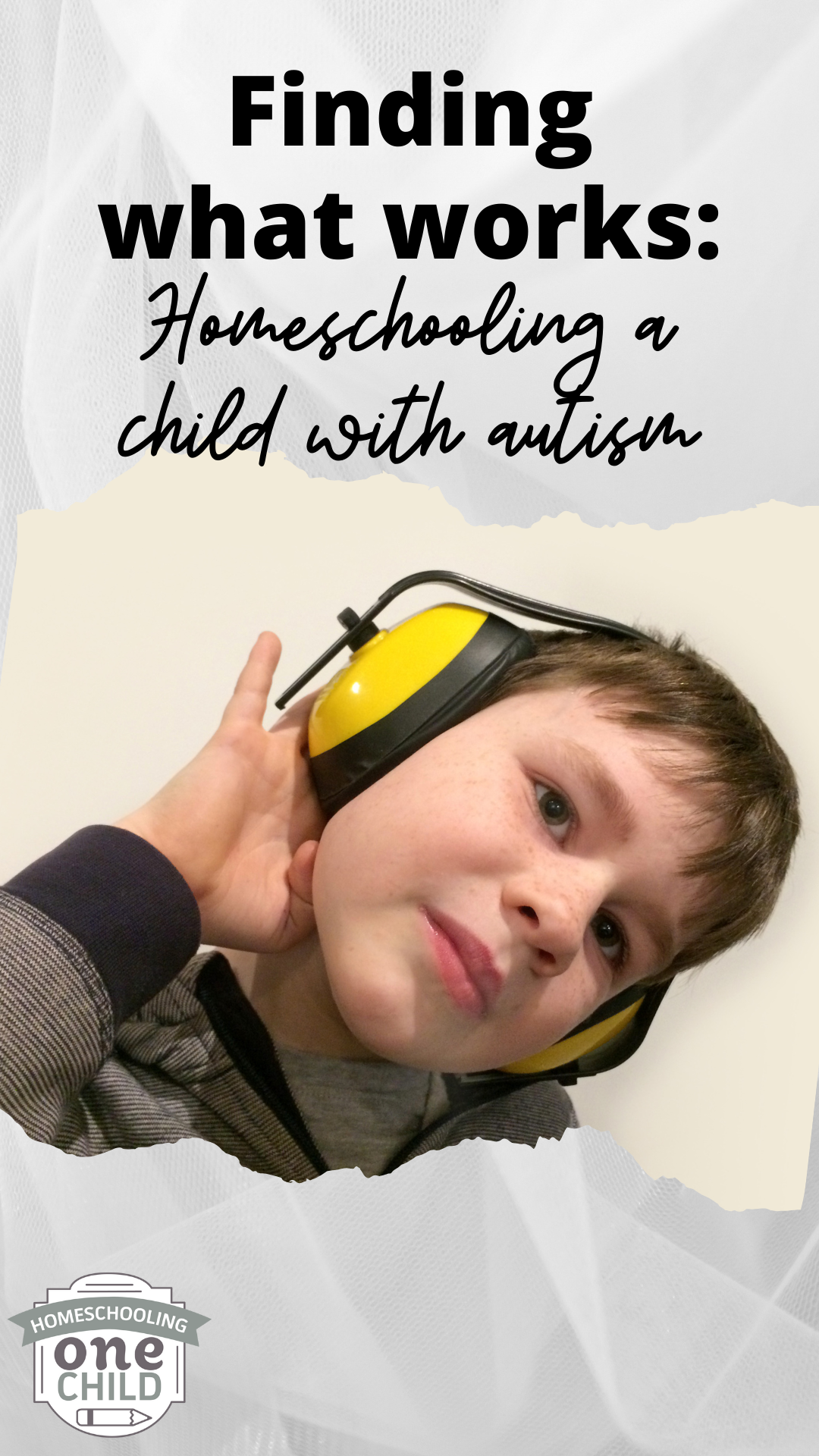
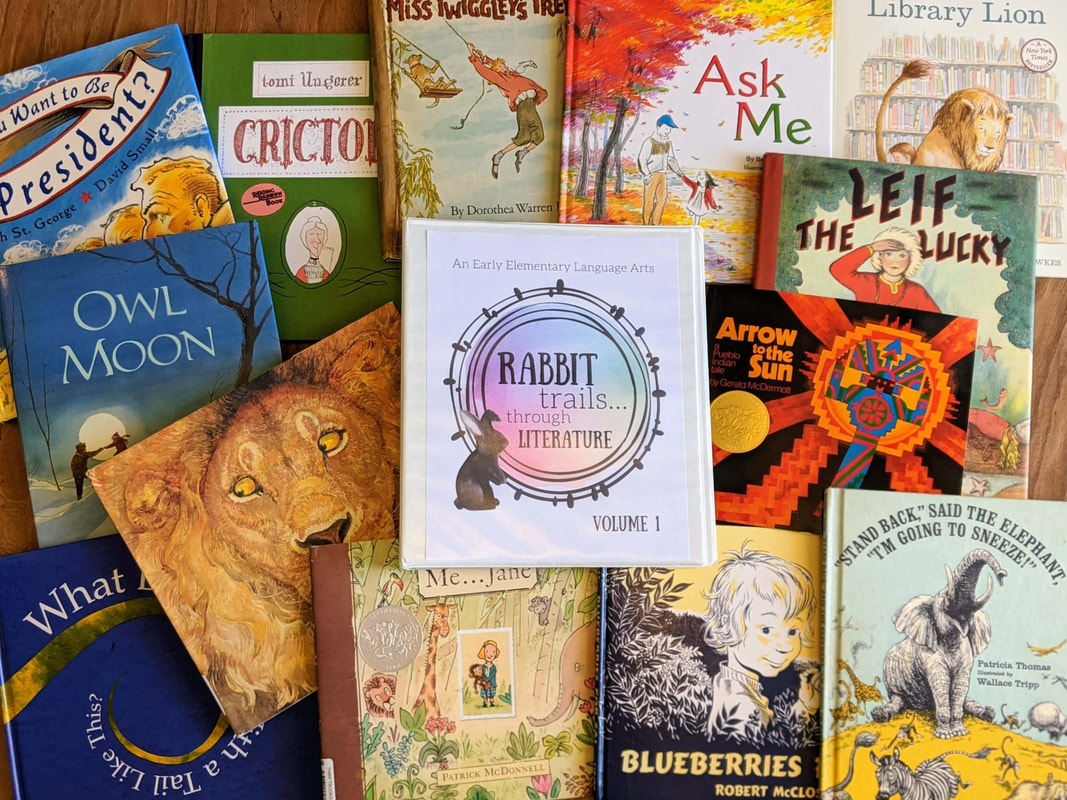
 RSS Feed
RSS Feed
